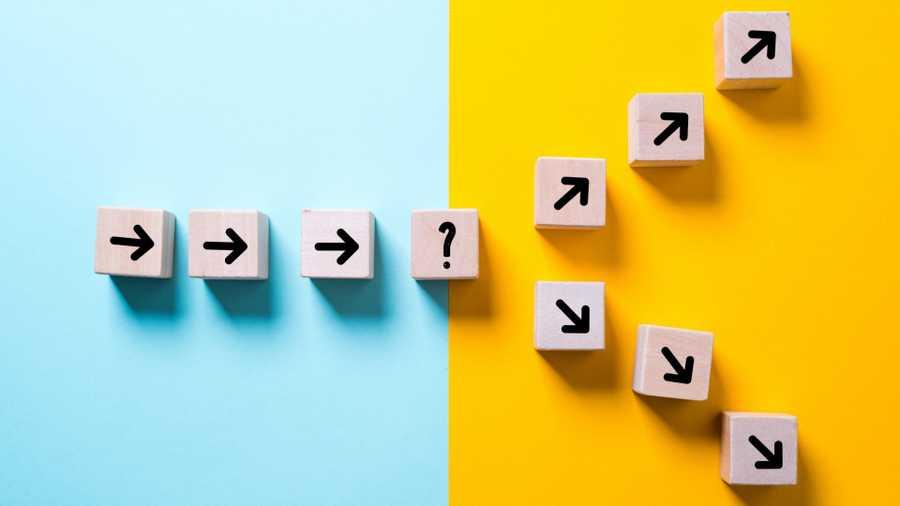Decisions, Decisions
Curated from: insight.kellogg.northwestern.edu
Ideas, facts & insights covering these topics:
5 ideas
·883 reads
9
2
Explore the World's Best Ideas
Join today and uncover 100+ curated journeys from 50+ topics. Unlock access to our mobile app with extensive features.
Making Decisions
It would be easy to ascribe these tendencies to a simple quirk of evolution—a kind of mental tic encoded in our genes. But what if the cognitive biases we exhibit when making choices are not limited to us? What if these biases are basic emergent properties of any system forced to make decisions with limited mental resources?
In order to get inside the “black box” of humanity’s irrationality when deciding between many options, researchers created a simplified mathematical model of how a machine—an “automaton”—would make choices.
27
335 reads
Automatons
Automatons are decision-making algorithms expressed mathematically rather than in code. These automatons commit the same “mistakes” that humans do when making decisions. An automaton may exhibit a “primacy” effect, in which it tends to pick one of the first items on a list. An automaton may also exhibit a “recency” effect, in which it goes for the last item on a list.
The ability of automatons to mimic human behavior, and the fact that they are built from mathematical first principles, means automatons can be used to formally analyze the fundamental tradeoffs that we face when making choices.
26
172 reads
Rational Or Irrational Decisions
When decision-makers are satisficing, it is not hard to see why they would be more likely to choose an item that appears earlier on a list, because they stop as soon as they find one that meets their pre-existing criteria, and might not even look at every item in a list.
Contrast this strategy with rational decision making, which is a standard assumption in many economic models. It turns out that making a decision “rationally”—which in economics terms means analyzing every possible option—requires a great deal of cognitive horsepower.
26
136 reads
History-Dependent Satisficer
Humans are neither perfectly rational decision-makers nor strict satisficers, no matter how Spock-like or impulsive any individual may seem.
A history-dependent satisficer automaton has some ability to remember what options it has seen before and to modify its criteria accordingly. The more memory this automaton possesses, the closer it gets to the choices yielded by rational decision making. The more states the automaton has, the better a decision it can make.
26
138 reads
The First Option On The List
The effects that researchers derive using mathematical analysis show up everywhere in the real world. Humans are more likely to vote for candidates who appear first on a ballot, more likely to click on options at the top of their computer screen, and more likely to give high scores to competitors who appear first and last in a competition.
There was even a lawsuit in the 1980s in which the federal government forced American Airlines to stop putting its own flights above those of its competitors in American’s computer reservation system.
27
102 reads
IDEAS CURATED BY
CURATOR'S NOTE
Psychologists and behavioral economists have established that humans exhibit a number of fairly predictable biases in their decision making. For example, when offered a menu, people generally choose one of the first items on it or the very last item.
“
Bentley 's ideas are part of this journey:
Learn more about psychology with this collection
Conducting effective interviews
Identifying the right candidates for the job
Creating a positive candidate experience
Related collections
Similar ideas
5 ideas
13 ideas
9 ideas
Read & Learn
20x Faster
without
deepstash
with
deepstash
with
deepstash
Personalized microlearning
—
100+ Learning Journeys
—
Access to 200,000+ ideas
—
Access to the mobile app
—
Unlimited idea saving
—
—
Unlimited history
—
—
Unlimited listening to ideas
—
—
Downloading & offline access
—
—
Supercharge your mind with one idea per day
Enter your email and spend 1 minute every day to learn something new.
I agree to receive email updates

